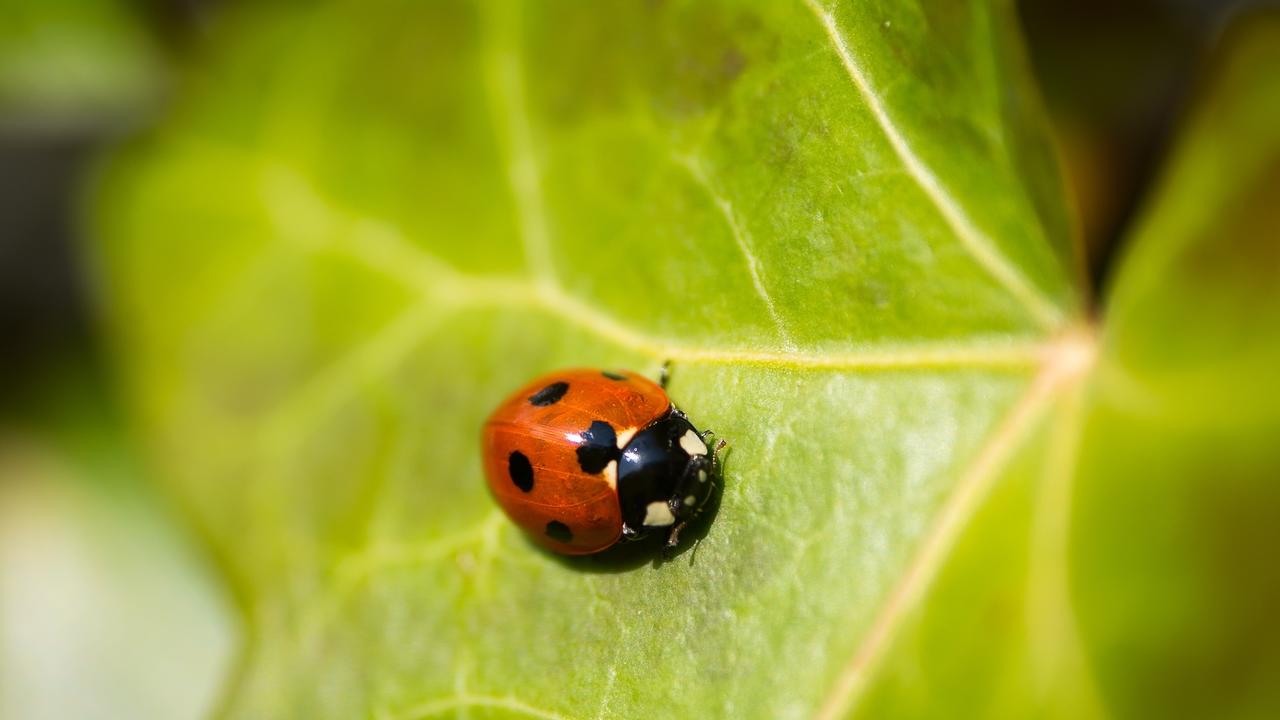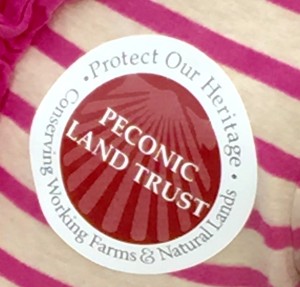
Unexpected Purpose: Ladybugs
Jul 08, 2015With the completion of my book A to Z of D-Toxing underway, this will be the first summer since my first child was born seven years ago that I'll have free time. Since my book project immersed me into the complexities and wonders of science and nature, I've been looking forward to exploring both of them more with my children, especially since we'll be spending our summer amid farms and the ocean in eastern Long Island.

Dr. Leslie Ladd Allee of Cornell University explained a few key ladybug species that we might find.
This morning, we enjoyed helping The Lost Ladybug Project, which was started by researchers at Cornell University in 2000. In preparing for this experience, I learned that there are approximately 500 species of ladybug, and they are very helpful in pest control.
One type in particular, the nine spotted lady beetle, is close to becoming an endangered species, even though it was the most common one found until the mid-1980s. In 2006, two children (ages 10 and 11) gathered the first nine spotted lady beetle that had been collected in the eastern U.S. in 14 years! Since then, The Lost Ladybug Project has been attracting more help from people of all ages to search their local areas for the nine spotted ladybugs, so researchers can understand more about them, and ultimately help save the species. My family contributed to the project by searching at Quail Hill Farm in Amagansett, NY, which is "is the only known location in New York State where the 9-spotted ladybug lives," according to a newsletter by the Peconic Land Trust.

People of all ages were collecting ladybugs, which would be released after having their photos taken.
My children and I had a wonderful morning being "citizen scientists" (as the Peconic Land Trust and Dr. Allee of Cornell University called us), combing through Quail Hill Farm in search of ladybugs. In the process, we noticed many more varieties of insects and spent a few hours appreciating the purpose of ladybugs: they eat aphids, small insects that eat our vegetable and fruit plants! So ladybugs are invaluable in organic farming. Would we be able to grow food without pesticides if ladybugs disappeared?

Quail Hill Farm is one of the original Community Supported Agriculture (CSA) farms in the U.S. Located in Amagansett, New York, on land donated to the Peconic Land Trust, Quail Hill Farm serves over 250 families, local restaurants and food pantries and participates in two farmers' markets (Sag Harbor and Montauk) throughout the season.
Thanks to the participating parties that contribute to The Lost Ladybug Project: Quail Hill Farm, the Peconic Land Trust, and South Fork Natural History Museum. I have no doubt that my children and I will walk through nature with more discerning and appreciative eyes for ladybugs and insects.
You can participate too! Identifying, recording (with photographs), and reporting ladybugs in all locations is helpful. Uploading photos here will help the scientists. Ultimately, that helps us too.
This post is the first of a series about surprising things that serve helpful and, sometimes, unexpected, purposes. Discovering these things have helped infuse more awe, wonder, and gratitude into my life. I hope that sharing these discoveries will help do the same for you.
Stay connected with nontoxic lifestyle news and updates!
Receive our free Ruan Living Nontoxic Cleaning Guide when you join our email list.
Don't worry, your information will not be shared.
We hate SPAM. We will never sell your information, for any reason.







